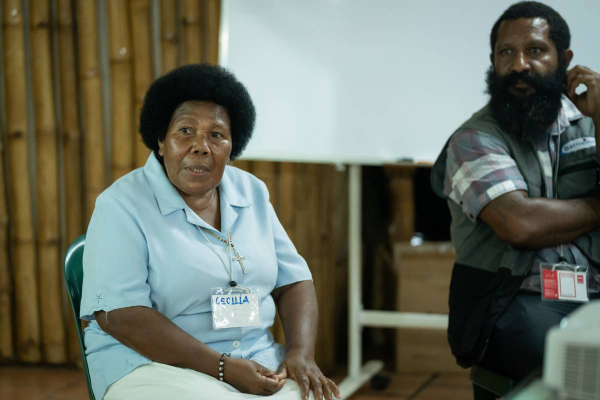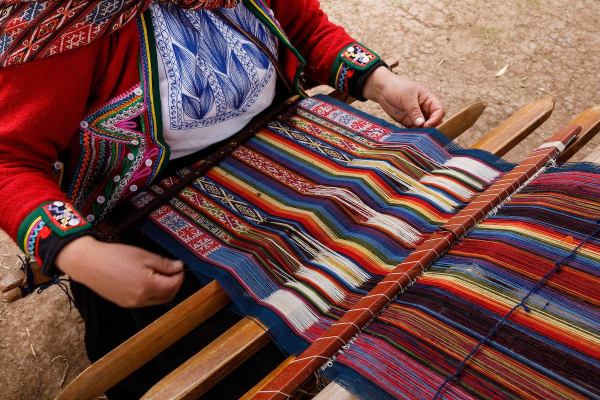A Librarian’s Granddaughter
The impact of women in literacy and education
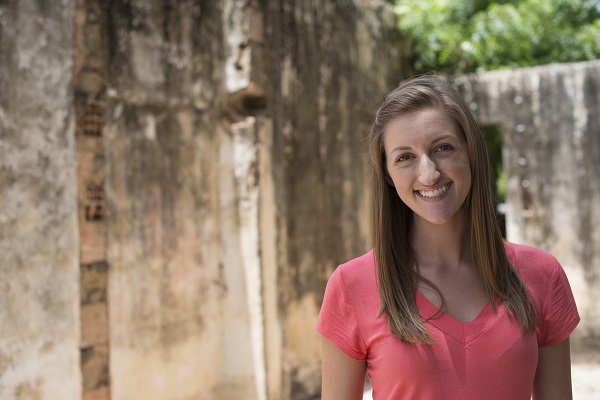
I take great delight in losing myself in a good book, and I come by it honestly. I remember my mom always reading some kind of novel or devotional in her spare time when I was growing up, and she encouraged my sister and me to do the same. For years our holiday tradition was to curl up on the couch with her on Christmas Eve while she read us a Christmas story.
My mom’s mom, another lover of books, is a retired librarian — always reading, always learning. To this day most of my family members can expect to receive a book from my grandma every Christmas. I once turned my room into a library, just like Grandma’s, so friends and neighborhood kids could check out books from my bookshelf. I even wrote a few stories of my own as a kid.
Whenever I walk into a used book store, the smell of aging pages and ink triggers strong memories of Grandma’s house, where my sister and I would rummage through countless bookshelves stocked full of stories, history books, and the like. I could always count on Grandma to counsel me about the importance of expanding my mind, reading every chance I got, and taking full advantage of any chance to get an education.
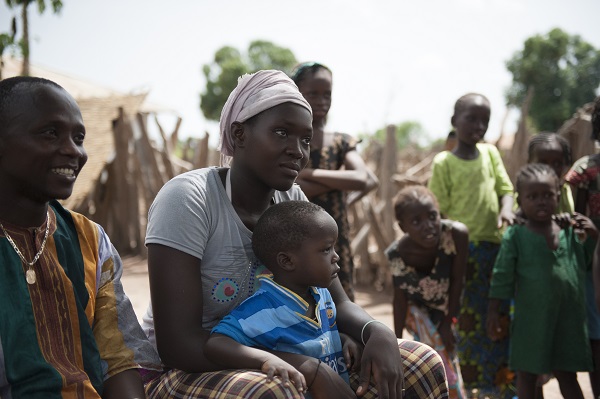
All my life, these matriarchs of my family have been shaping me into a woman who values literacy and takes pride in her education. That’s why I was proud to graduate from the same college they both attended.
They’ve also taught me to consider myself a lifelong learner. I’d say I’ve learned at least as much from authors as I have from my own experiences, and that’s one of the reasons I wanted to become a writer.
And for as long as I can remember, they’ve also been wise enough to teach me the importance of caring not just for my mind, but for my soul. I’ve always had at least one copy of the Bible to call my own. That’s how I got to know my Savior, learned to recognize his ways, and first found comfort in his promises.
So naturally the idea of kids growing up without these opportunities doesn’t sit well with me.
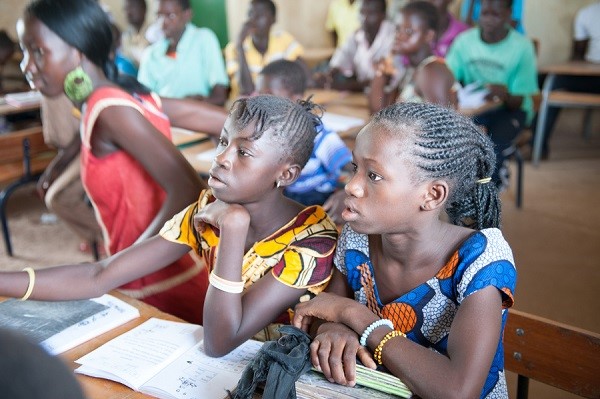
As a writer for Wycliffe, I recently traveled to Senegal where Wycliffe is funding literacy classes* for a minority language group. Girls there grow up following in very different footsteps. Until recently, educating women has never been a priority, and it’s still a big struggle now. And they’re not alone — 66 million girls worldwide aren’t in school today.
I met little girls whose mothers have never read to them because they don’t know how. And I looked into the eyes of teenage girls hurtling toward adulthood with a warped view of themselves and their families because they were never allowed an education.
They don’t have bookshelves like my grandma’s or even a single book in their homes, and they’ll never be encouraged to attend secondary school or college like I was. In many cases, it will actually be considered a waste of time and money to educate them.
And although the New Testament is planned to be printed in their language in 2015, they might never be able to read it for themselves like I have.
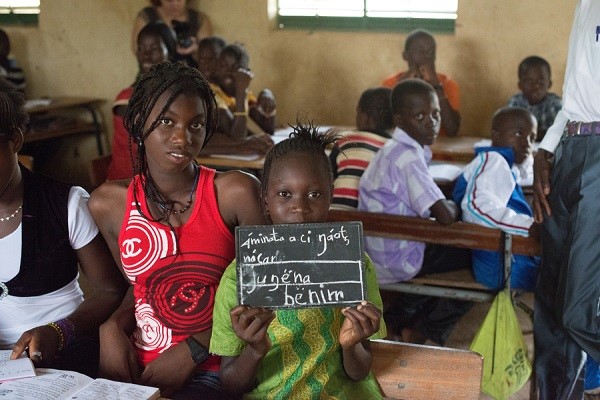
These girls haven’t had examples of driven, educated women to follow like I did. But their children can.
Through these free classes that allow them to learn in their language, they can be motivated women who understand the benefits of literacy and education. They can be moms and grandmas who instill that value in their families, and they can be agents of change for their communities.
*This literacy project is being coordinated by SIL International, Wycliffe’s primary strategic partner. Wycliffe funds projects like this because we want to see God’s Word accessible to all people in the language of their heart, and literacy is foundational to understanding translated Scripture. The Seed Company, another ministry partner, is currently translating the New Testament for this people group.



